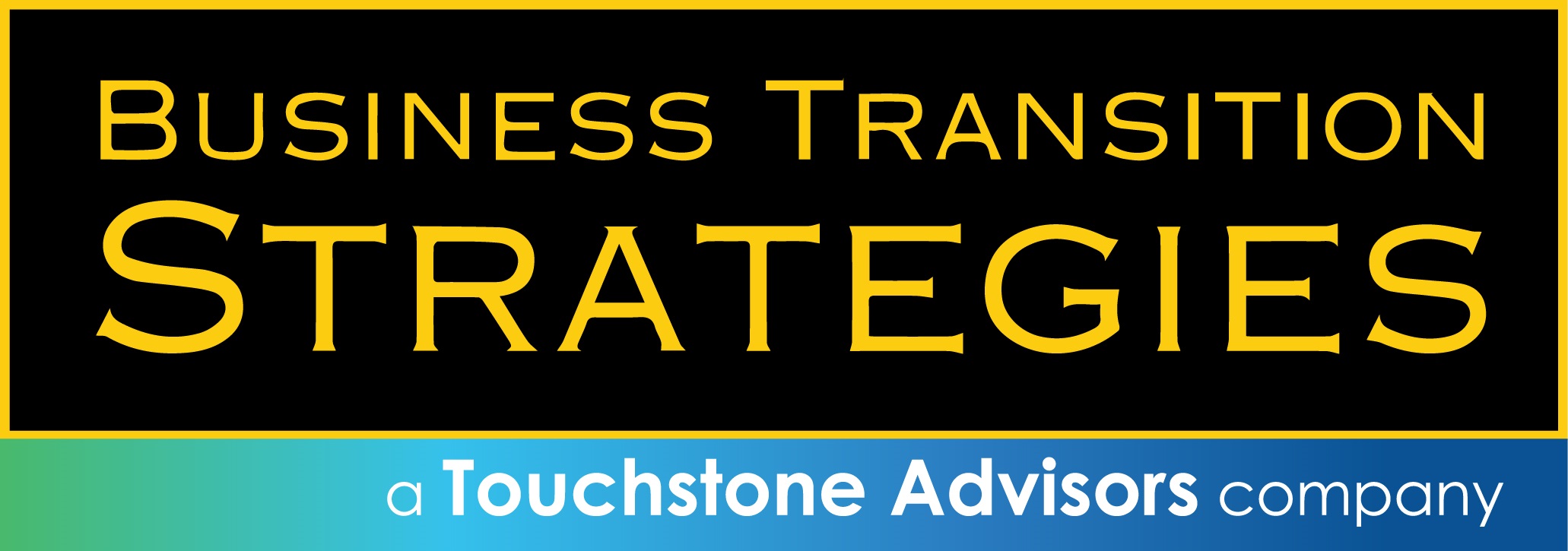Businesses we sell typically go to market without a preset asking price.
Why? Value is really in the eye of the buyer. And that can vary widely, depending on who they are and what they have in mind.
Lets explore this.
During our process, we will set an internal benchmark price with the owner, but we won’t publish or discuss your value expectations with potential buyers. What we will do is provide a detailed packet of information so they can evaluate the opportunity effectively.
Why? Different buyers see different value. We recently discussed a case with a fellow founding member of Cornerstone International M&A Alliance that illustrates the point effectively.
The business received four indications of interest (IOIs). An IOI is the earliest stage of the acquisition process in which would-be buyers submit their target acquisition price and general conditions for completing a deal. At this point, buyers have read a thorough prospectus on your company, but they haven’t visited your business site or done any significant due diligence.
After our colleague vetted the original round of IOIs, he set up conference calls with the owner and potential buyers. At that stage, one of the buyers dropped out. While the acquisition made sense synergistically, it looked like culture issues could be an obstacle.
The other three buyers moved on and submitted letters of intent (LOIs). An LOI is a more formal offer, including a firm acquisition price and deal structure. Two of these offers came in near the $10 million mark while the third came in closer to $20 million!
Three different buyers saw the exact same information, so why did one offer come in so much higher? In most cases, it comes down to motivation, synergies, and the buyer’s growth strategy.
Sometimes, a buyer sees significant cost savings by rolling your business into theirs. If they can add your revenue without adding all your costs, your business will be worth more to them than a buyer without those same advantages.
Other times, buyers are motivated to grow. They may have excess capital sitting on the balance sheet and buying a business will provide better returns. Or they may be a mid-size player in a consolidating market who knows they either need to eat or be eaten.
Maybe you have solid market share in the buyer’s next growth target, you have a lock on a coveted blue-chip customer, the buyer can better increase sales or reduce your cost of doing business, etc., etc.
At the end of the day, value is relative. When selling, you want buyers to determine how much value your business has to them. The buyer who will pay the most is the one who can leverage your business to the greatest advantage.
To get the best price, you need a structured sale process that brings all logical, qualified buyers to the table at the same time. That’s how you get the market to truly set your value.
